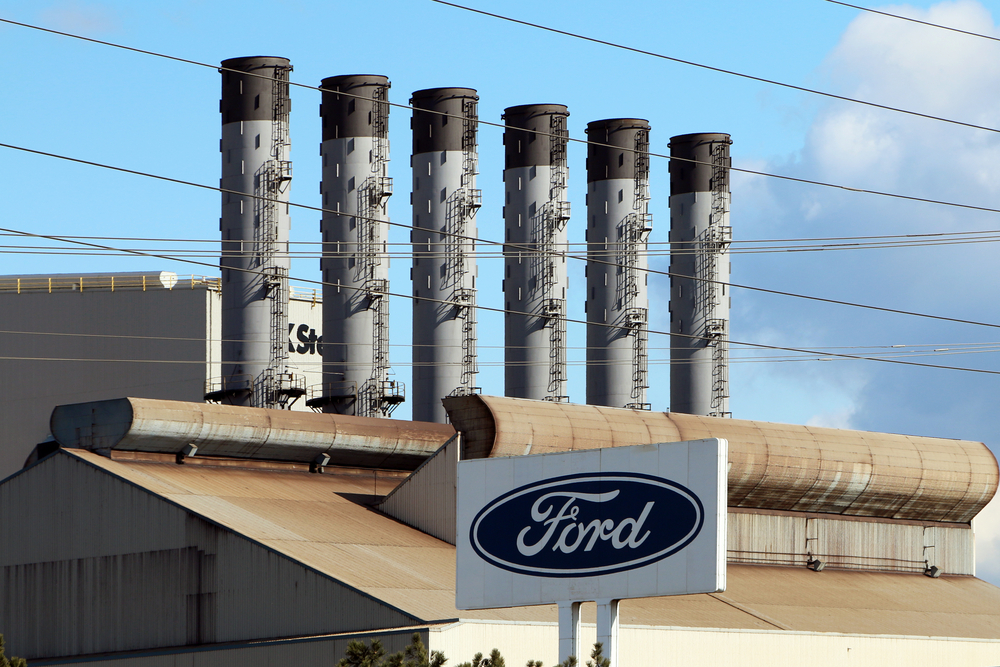In a recent interview with Bloomberg, Ford CEO Mark Fields made clear that there hasn’t been consumer demand for electric cars:
Ford Motor Co. plans to lobby President-elect Donald Trump to soften U.S. and state fuel-economy rules that hurt profits by forcing automakers to build more electric cars and hybrids than are warranted by customer demand.
“In 2008, there were 12 electrified vehicles offered in the U.S. market and it represented 2.3 percent of the industry,” Mark Fields, chief executive officer of Ford, said in an interview at Bloomberg’s Southfield, Michigan, office Friday. “Fast forward to 2016, there’s 55 models, and year to date it’s 2.8 percent.”
Instead, Americans are flocking to larger less fuel-efficient vehicles like SUVs and trucks instead of electric cars:
The onslaught of SUVs — typically big profit generators — should help insulate the automakers from next year’s predicted decline in U.S. vehicle sales. Light trucks, which include SUVs, pickups and vans, climbed to 59 percent of U.S. sales this year through October from 55 percent a year earlier, according to researcher Autodata Corp.
A recent report from the management consulting firm Arthur D. Little highlights why traditional internal combustion powered vehicles (ICEVs) remain the most affordable option for consumers:
For a 2015 Compact Passenger Vehicle, the total cost of ownership over a twenty-year vehicle lifetime is $68,492 for the sample BEV model versus $47,676 for an equivalent ICEV—a 44% cost advantage for the ICEV excluding any government subsidies or incentives. For a 2015 Mid-Size Passenger Vehicle, the total cost to own a BEV is $85,854 versus $53,649 for the ICEV—a 60% cost advantage for the ICEV. The cost differential between BEVs and ICEVs will narrow for new vehicles in 2025.
Even with American taxpayer money flowing to automakers with the hope of creating an artificial “electric car boom” and President Obama’s EPA pushing increased CAFE standards before President-elect Trump takes office, the electric car market hasn’t developed for automakers.

